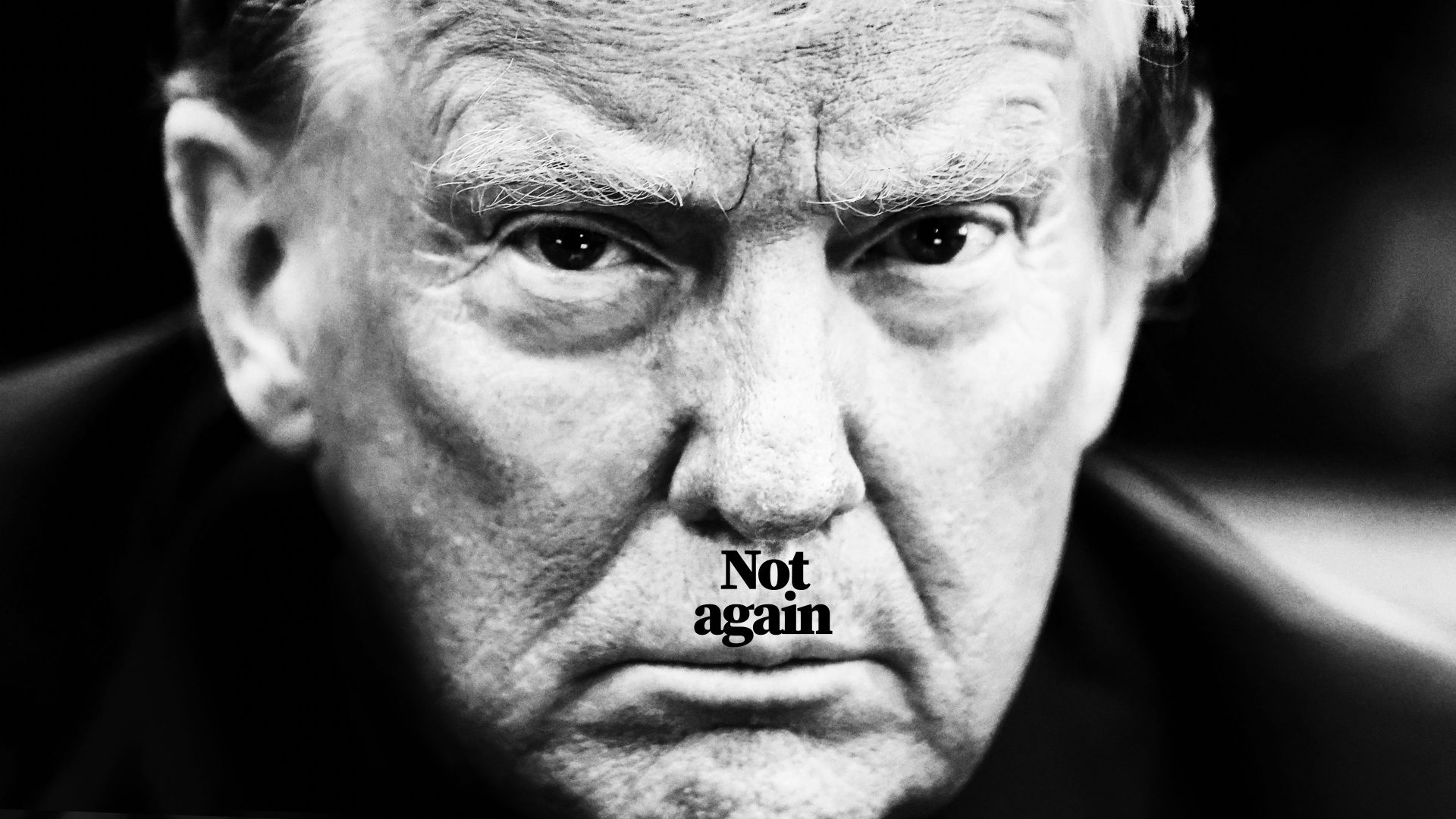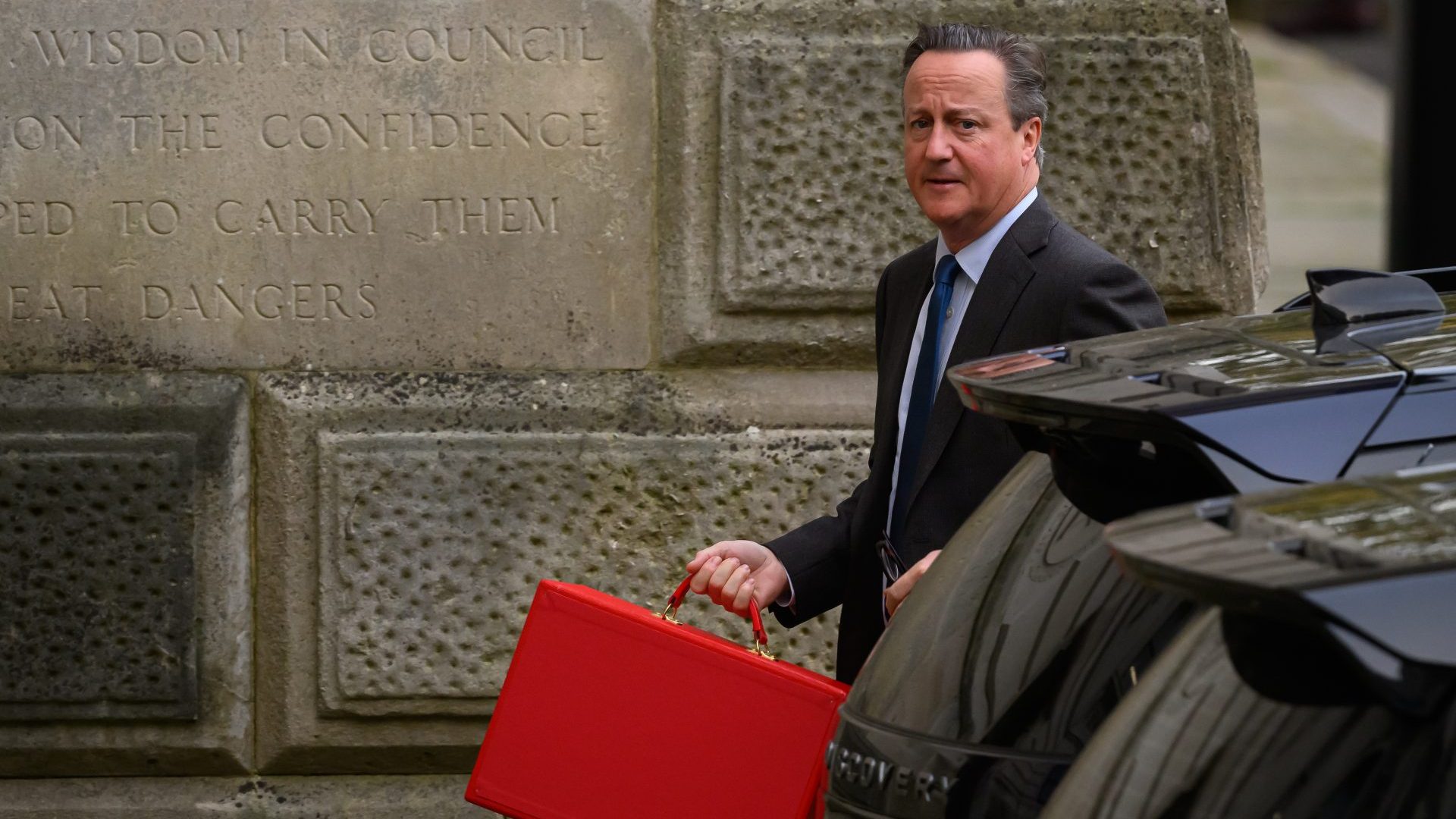It is now clear that 2020 was at least as transformative a year as 2016 – and possibly more so. Eight years ago, the democratic world was rocked by the populist surge of the Brexit vote and Donald Trump’s election as US president. In 2020, the pandemic capsized humanity and Trump threatened the peaceful transfer of power by denying the legitimacy of Joe Biden’s victory – an egregious campaign of lies that led to the storming of the US Capitol on January 6, 2021.
Not least because of his part in that assault on democracy, Trump now faces 91 felony charges. He has already been impeached twice and found liable by a jury for rape. He should already be a political pariah, disgraced and consumed only by the challenge of staying out of prison.
Instead of which: in the most vivid evidence yet that the old rules of politics no longer apply, he is going to be the Republican presidential nominee this year; and, if the polls are any guide, has a decent chance of beating Biden in November.
This time round, he incarnates something much worse than the insurgent populism and economic nationalism of 2016. Trump’s 2024 pitch has its roots in a primitive notion of order and vengeance that has nothing to do with the rule of law. “I am your justice,” he said at an event in Maryland last March. “And for those who have been wronged and betrayed: I am your retribution”.
In this vein, he has cultivated a millenarian vision of himself as a Christian crusader that has deep appeal to the 24% of Americans who identify as born-again or evangelical, and grafted it on to the resilient conviction of two-thirds of Republican voters that Biden stole the 2020 election.
Add to this demagogic xenophobia; the fears of nationwide groups like Moms for Liberty that educational institutions have been captured by “woke” ideology; a nexus of conspiracy theories; and working-class voters’ resentment at the gap between the Biden administration’s insistence that the economy is recovering and their own straitened circumstances. The mix is dangerously ripe for exploitation by a politician without scruple.
It is considered bad form by many to invoke too readily the spectre of fascism and apply the lessons of the 1930s to contemporary political contexts. Much worse is the complacency that resists such comparisons in the face of the facts.
For a start, it is a mistake to imagine that America has no propensity for autocracy. Trump’s supposed hero, Andrew Jackson (president from 1829 to 1837), was nicknamed King Andrew because of his aggressive use of presidential powers and insistence that he was “the direct representative of the American people”.
Huey Long, the hardman governor and then senator for Louisiana, liked to say that “I’m Mussolini and Hitler rolled into one” and might well have made it all the way to the White House had he not been assassinated in 1935.
In the same year, Sinclair Lewis published his bestselling novel, It Can’t Happen Here, in which President Buzz Windrip – “vulgar, almost illiterate, a public liar easily detected, and in his “ideas” almost idiotic” – plunges the United States into dictatorship and civil war. In the real world, the Nazis studied the Jim Crow South as a model for racist segregation.
The nightmare of tyranny, in other words, has long lurked within the American dream. Eight years ago, it was plausible to claim that we should take Trump “seriously but not literally”. We should now take him at his word.
Far from denying that he is an aspirant dictator, he jokes that he would only deploy such powers on “day one”: specifically, to close the southern border and “drill, baby, drill” for oil. The language he uses to describe immigrants – “poisoning the blood of our country” – is horrifically reminiscent of Hitler’s (he nonchalantly denies having read Mein Kampf, though he has admitted to owning a copy).
Trump has also displayed a distinctly authoritarian enthusiasm to invoke the Insurrection Act and to deploy troops against protesters; to use the military to deport undocumented immigrants; and to send the National Guard into cities afflicted by serious crime. He has said that shoplifters should be shot, that his political enemies should be pursued by the justice system, that he should enjoy absolute presidential immunity – even if he ordered SEAL Team Six to assassinate one of his opponents.
In 2016, he was a novice in the arts of government. This time, sympathetic thinktanks, coalescing as Project 2025, have drawn up a 920-page plan for a step-by-step autocratic revolution. Though he presently denies such ambitions, he has spoken openly in the past about seeking a third term – in direct violation of the 22nd Amendment. The peril that he represents could scarcely be clearer.
Bear in mind, too, that a second defeat by Biden would not be an end to the matter. Already, his campaign is warning of “unprecedented election interference” by the radical left. At grass roots, a network of fascistic militias – especially the new wave of white supremacist “Active Clubs” – and self-appointed “Constitutional Sheriffs” stands ready to spring into action if it does not get the result it wants in November. A third of Republicans now believe that “true American patriots may have to resort to violence in order to save our country.”
Last week, Trump’s legal team explicitly promised “chaos and bedlam” if, as Colorado and Maine already propose, he is kept off the ballot. If you truly value liberal, international, progressive values, it is essential to be clear-sighted about quite how much is at stake this year; to hug the cactus of reality, so to speak.
At the close of the Constitutional Convention of 1787, Benjamin Franklin was asked what kind of government the framers had devised and replied: “A republic – if you can keep it”. Never have those words been more resonant. The return of Trump is not a bug, but a feature; and this is most definitely not a drill.




